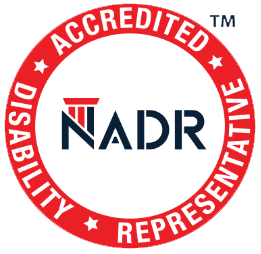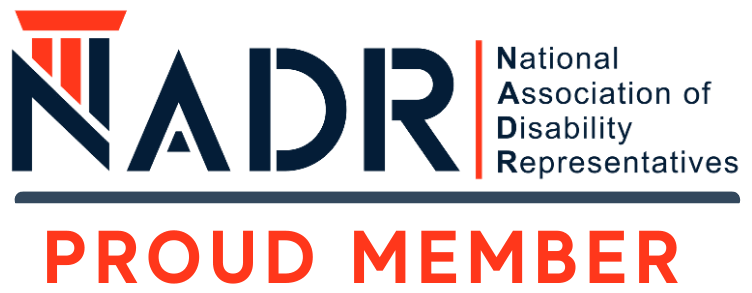What is the Difference Between Disability Benefits and Disability Insurance?
Disability benefits are payments made to those who can no longer work due to a disability. Typically, though, the phrase disability benefits specifically references money that the federal government distributes. This is different from the term disability insurance, which usually entails money that private insurance companies pay to insured individuals. Disability Benefits and disability insurance can sometimes get confused, so we are here to clear that up.
The federal program that pays disability benefits is called Social Security Disability Insurance (SSDI). In addition, the government has a sister program called Supplemental Security Income (SSI) to support those that were never able to achieve the insured status of the SSDI program.
Disability Benefits vs. Disability Insurance
The eligibility requirements for receiving payments from the SSDI program versus a private disability insurance policy are quite different. Other important differences pertain to the duration of payments and the breadth of coverage.
1. Contributions
Disability benefits: If you have never made taxable income, you are not eligible for the SSDI program. If you have earned taxable income, you have most likely paid social security taxes. However, there are additional requirements regarding contributions. In addition, you must reach the minimum threshold of contributions. Your disability must be also present within the ten-year window of achieving insured status.
Disability insurance: If you have purchased a disability insurance policy, then you are eligible to file a claim. This typically is after a probationary period. Additionally, you could be eligible to file a claim on a policy held by your employer on behalf of employees.
2. Qualifying as Disabled
Disability benefits: The federal government has a narrow definition of disabled and only offers benefits for total disability. It uses a five-step process to make that determination. Residual Functional Capacity is one major determining factor.
Disability insurance: Generally, private insurance companies have a broader definition of disabled and offer policies for partial disability. Also, the exact definition that each policy employs varies.
3. Duration of Benefits
Disability benefits: The SSDI program does not provide short-term disability benefits. It is intended only for people expected to be disabled for 12+ months. On the flip side, SSDI benefits can continue indefinitely if the individual is unable to ever work again.
Disability insurance: Private insurance companies make disability payments for a certain predetermined length of time. There are both short- and long-term disability insurance policies in the private insurance market. In addition, the exact duration depends on the specific policy.
4. Breadth of Coverage
Disability benefits: If a claim is approved, payments are calculated using average lifetime earnings. (This is up to a certain amount – a cap.) There are two aspects of the SSDI program that can increase the breadth of coverage. First, the SSDI program will make additional payments for children of the disabled person if the child is unmarried and younger than 18. Second, after receiving the disability cash benefit for two years, this automatically qualifies individuals to receive Medicare.
Disability insurance: If a claim is approved, payments are a percentage of your current annual salary. It is not common for private insurance policies to include payments for dependents of the policyholder. However, payments from a private policy may be more generous than from the SSDI. This depends on how your average lifetime earnings compare to your current salary.
Disability Support Services Can Help
DSS assists people in filing claims with the SSA to receive disability benefits from the federal government. Let us help you navigate the process. Get started with DSS today by filling our form for a free evaluation. Also, make sure you check out our blog for even more information on disability benefits.



